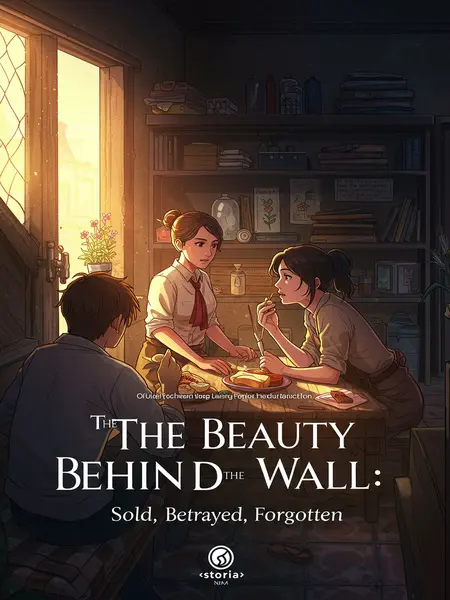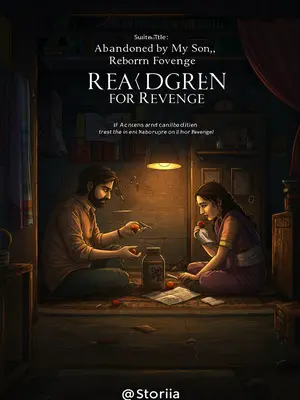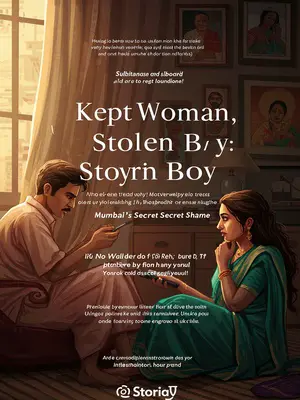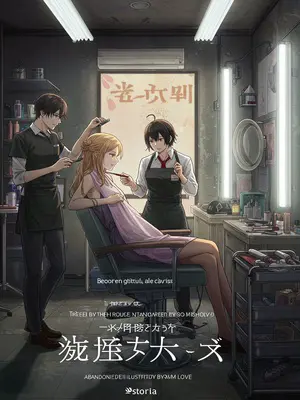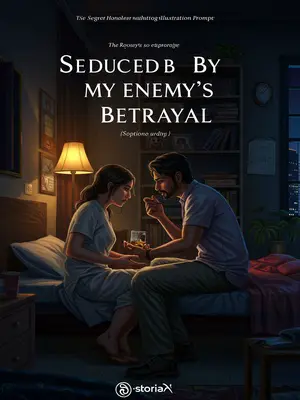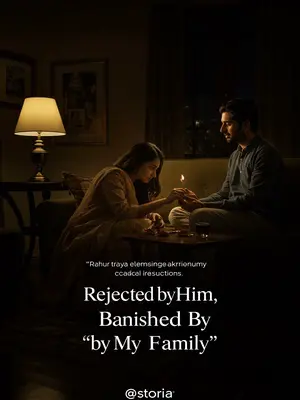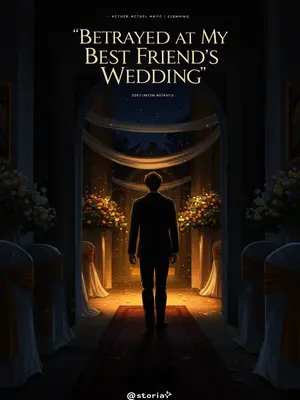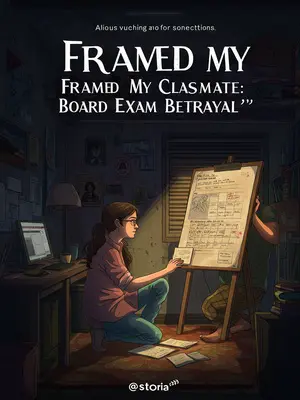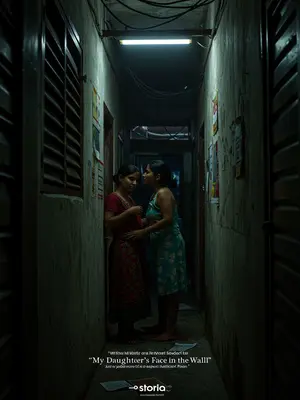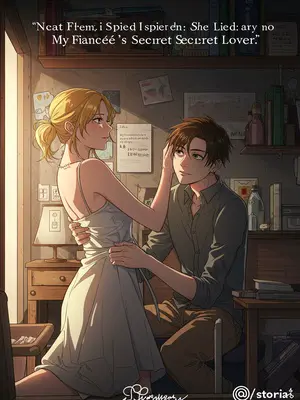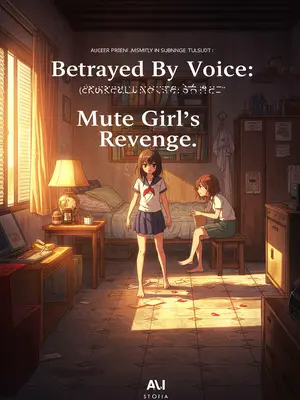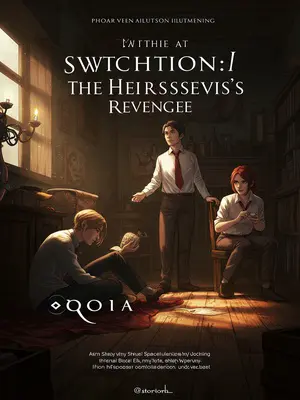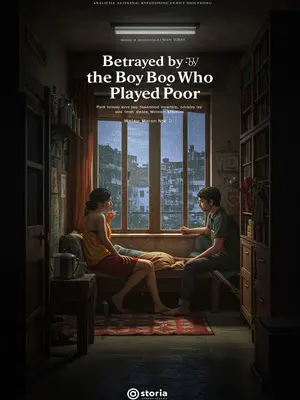Chapter 13: Years Later – Reunion
Amid wedding banquets, laddoos, and countless congratulations, I forgot Old Bazaar Lane, forgot Harish Bhaiya, and even forgot the corpse stuffed into the freezer. I vaguely remembered her name was Meera, who once had a dishonourable profession.
Our lives filled with new faces and dreams. The old nightmares faded, replaced by the sound of laughter and the cries of our children. Meera’s name became a distant echo, barely a whisper in my heart.
For Ritu, I started working hard. We moved to another city, and I worked as a real estate salesman. Maybe because Ritu brought me luck, as soon as I became official, a good school was planned in our district, the flats sold like crazy, and I earned my first bucket of gold with my performance.
Ritu’s smile became my talisman. Every time I closed a deal, I thought of her, waiting at home with hot chai and stories about the children. Our small flat was filled with light and laughter, and for the first time, I believed I could build a future.
Ritu got pregnant. The doctor said at the checkup it was twins. I was overjoyed.
The day we found out, we celebrated with samosas and jalebi from the corner shop. The doctor grinned, “Double dhamaka, bhai!” Even my parents called, crying with happiness.
That was the happiest time in my life. From renting to buying a house, from the suburbs to the city, from a world of two to a family of four—I thought I must have done a lot of good deeds in my past life for God to favour me so much and give me such good fortune.
We bought a new fridge, painted the kids’ room blue, argued over school admissions and holiday plans. Life felt rich, full, and for the first time, I thanked the gods for every twist of fate.
We had a great relationship. I worked hard outside, she took care of the kids at home. I often told friends, my wonderful wife was found through gaming—as long as you dare to dream, even a power-leveller can find love.
My friends would laugh, slap my back, and ask for tips. Ritu would blush and hide behind the door, pretending to scold the kids.
In the blink of an eye, both sons were eight, and Ritu and I had been married ten years. To celebrate this happy moment and express my love for Ritu, I decided to take them on a trip.
Our house bustled with preparations—packing bags, buying snacks, arguing over which toys the boys could take. Ritu nagged me about train tickets, the kids begged for window seats. It was chaos, but the best kind.
I picked many destinations, but the two boys didn’t agree. They saw some video online and insisted on going to a small town in the Western Ghats. The video showed a guesthouse halfway up the mountain, the environment was really nice. Comments said the owner also ran a special restaurant at the foot of the mountain, selling big bowls of food—a local Insta-famous spot.
The kids showed me the video a dozen times. “Papa, dekho na, so many hills! And that restaurant—giant biryani bowl! Please, please?” Ritu laughed, and finally, I gave in.
Ritu said since the kids wanted to go, she did too, and of course I listened to her. After all, we were tired of big city life—a small place would be a nice change. So I immediately bought train tickets and booked a suite with a courtyard at the guesthouse.
We packed steel tiffins with aloo paratha, Ritu made a list of must-visit temples, and the boys fought over who got the window seat. It felt like the old days, before life got complicated.
Ten hours on the road, the kids were excited. Ritu and I could only take turns resting, watching the kids so they wouldn’t run off.
We played antakshari, snacked on banana chips, dozed off leaning on each other’s shoulders. The journey felt endless, but the excitement made up for the fatigue.
However, just as we dragged our tired bodies into the big bowl restaurant, it was as if my eyeballs had been pierced by a thumbtack, my blood vessels about to burst.
The smell of biryani, the clang of steel plates, the chatter of tourists—all faded away as my eyes landed on the woman behind the counter. She looked older, her hair tied in a tight bun, her face more worn but still beautiful.
The woman collecting money at the counter was actually Meera.
She looked up and, for a second, our eyes met. Time stopped. She didn’t smile, didn’t frown—just stared, as if daring me to remember what we’d both tried to bury. The past—Old Bazaar Lane, the freezer, the blood, the secrets—came flooding back. The restaurant buzzed around us, but all I could see was Meera, her eyes full of stories that would never be told.
